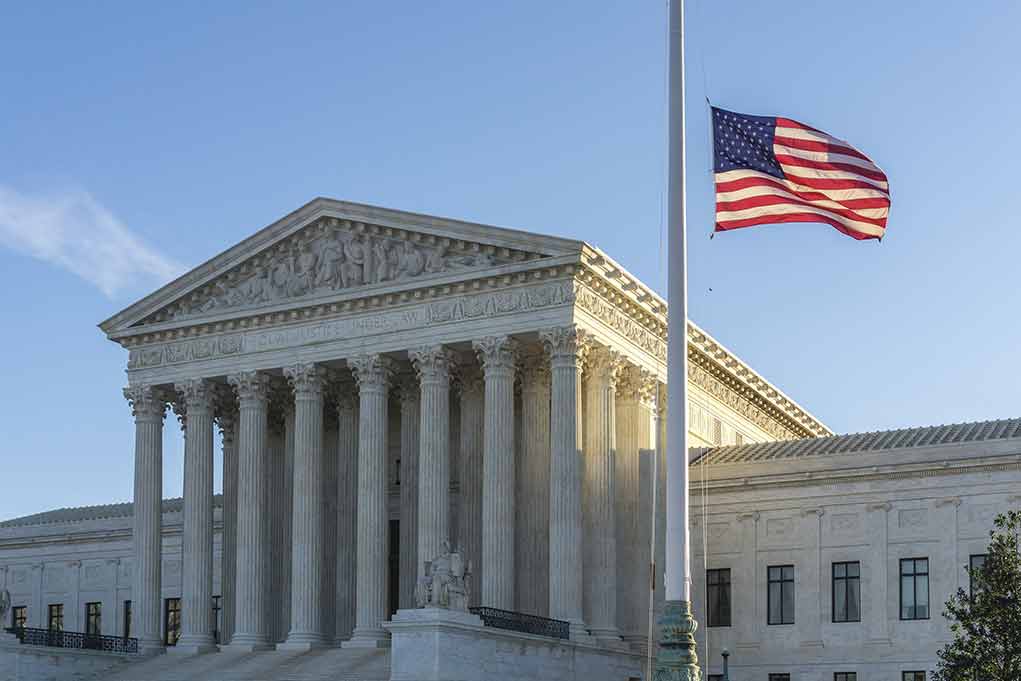Chief Justice John Roberts has spoken out in defense of judicial independence in a rare, forthright rebuke—this time in response to escalating political pressure to impeach a federal judge. The controversy stems from Judge Amit Mehta’s order to stop U.S. deportation flights to Venezuela, a decision that President Trump publicly criticized and suggested warranted impeachment.
The call for impeachment has ignited a political firestorm. Not only did the Trump administration reportedly continue the deportation flights—citing that the planes had already left U.S. jurisdiction—but a GOP lawmaker has introduced articles of impeachment against Judge Mehta. Even tech entrepreneur Elon Musk has weighed in, labeling the impeachment effort “necessary.” However, Chief Justice Roberts underscored a fundamental point: impeachment is not meant for settling judicial disagreements.
Roberts stated unequivocally, “The mechanism of impeachment was not intended as a means of addressing judicial decisions with which elected officials disagree,” said the Chief Justice. His remarks emphasize that any disputes regarding judicial rulings should be handled through the proper appellate review process, not through politically charged impeachment proceedings. As he put it in another key moment, “Our constitutional system demands respect for judicial orders and provides appropriate channels of appellate review for those who believe a judge has erred,” declared Roberts.
Roberts’ intervention is particularly striking given his usual reticence on political matters. His rare public defense of the judiciary underscores a deep concern that using impeachment as a tool against judges could erode the crucial separation of powers that underpins American governance. This incident isn’t the first time judicial independence has been fiercely defended; in 2018, Roberts rebuked Trump’s criticisms of another federal judge, reiterating that judges should not be viewed through partisan lenses by stating, “We do not have Obama judges or Trump judges, Bush judges or Clinton judges. What we have is an extraordinary group of dedicated judges doing their level best to do equal right to those appearing before them.”
The fallout from Judge Mehta’s ruling and the administration’s response is a stark reminder of the tensions that can arise when political pressures intersect with the judiciary. The situation highlights the risks inherent in using impeachment for judicial disagreements—a practice that could set a dangerous precedent if allowed to disrupt the constitutional balance between branches of government.
Rare statement by Chief Justice John Roberts h/t @MelissaQuinn97
"For more than two centuries, it has been established that impeachment is not an appropriate response to disagreement concerning a judicial decision. The normal appellate review process exists for that purpose." https://t.co/rA0ViPoE55
— Natalie Brand (@NatalieABrand) March 18, 2025
This developing drama in the corridors of power raises important questions about the proper role and limits of political influence over the judiciary. With legal experts suggesting that this dispute might eventually wind its way to the Supreme Court, the stakes have never been higher. How the judiciary and executive branches navigate these murky waters could have lasting implications for the independence of federal courts—and for American democracy itself.
Sources:
US Chief Justice Roberts rebukes Trump’s attack on judge
Chief Justice Roberts Rebukes Trump Call to Impeach Judges for Rulings
Justice Roberts rebukes Trump’s call to impeach Venezuela deportation case judge

